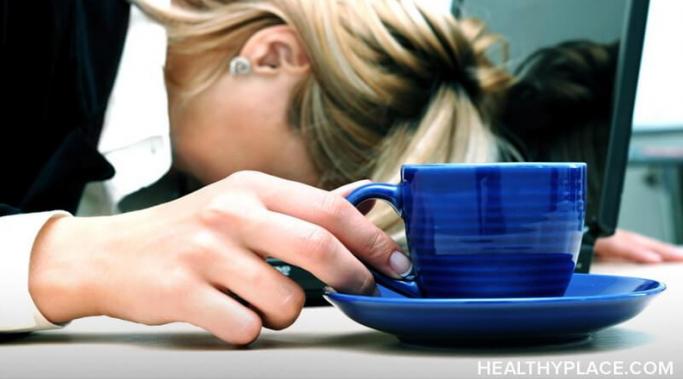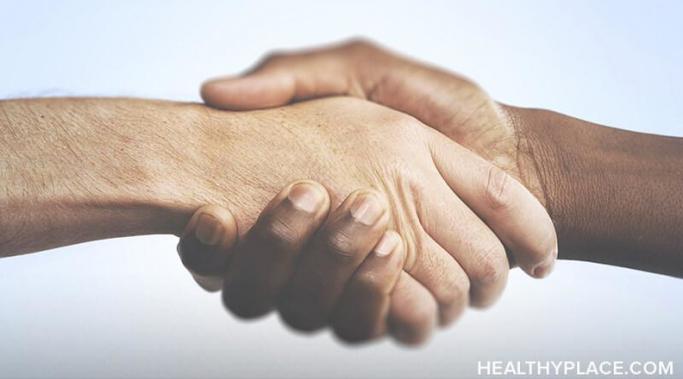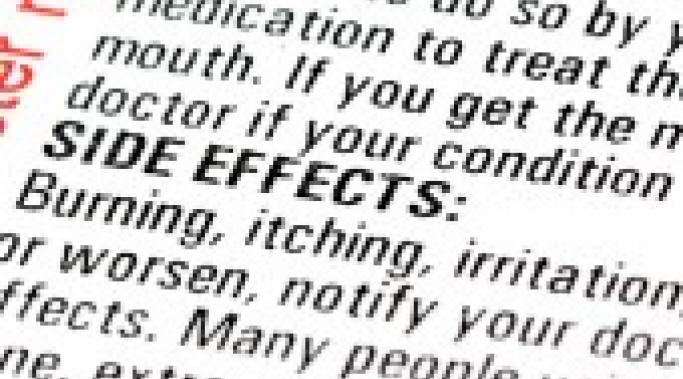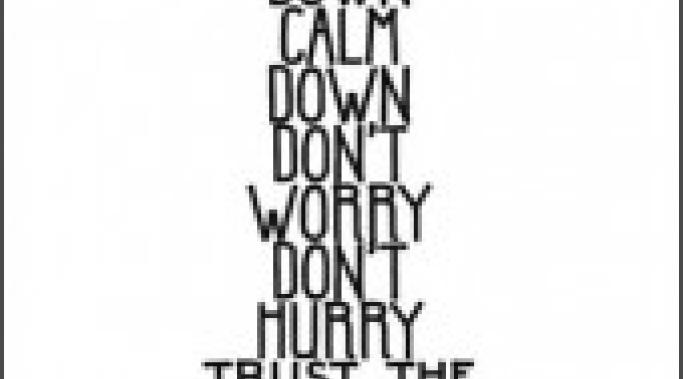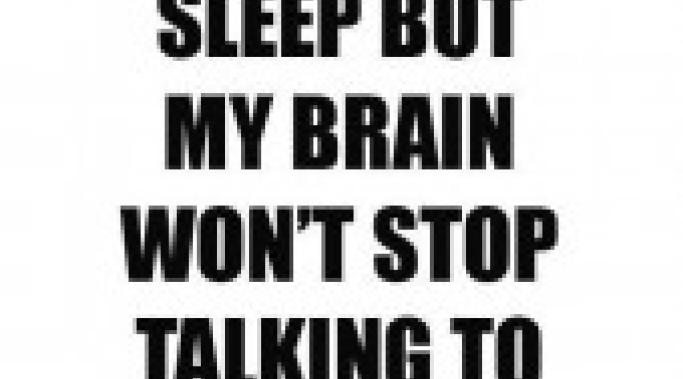Stress affects your mental health, and if you have a mental illness, stress can cause a mental health relapse, too. If you can't tell the difference between stress and an oncoming mental health relapse, then what feels impossible can become impossible. This is why it`s important to recognize signs of stress that could lead to mental health relapse.
Mental Illness and Self-Care
I came up with this topic when I was in a state of serious depression--less than a month ago. I was certain I would never become well. Those of you who live with a mental illness understand this on a very deep and personal level.
While I was glued to the couch I started thinking about how much time I spend exhausted--some days less and some more. Mental exhaustion and physical (or both) can define a large part of our lives.
Without further explanation (coffee in hand) let's explore this topic.
When I think of the word 'help,' I think about how hard it is to ask for and accept help. It is usually the most difficult when we are first diagnosed with a mental illness. Unfortunately, that's when those who live with mental illness need help the most. This blog will explore why asking for help can be so hard and the steps we can take to make the process easier.
A blog, from me, that is actually a bit positive in its desire to promote mental health? Well, yes, this is. If you read enough of my blogs (say two or three) you probably gather that I mix in a healthy amount of sarcasm--alongside with the recovering from mental illness bit. If you read this blog often enough it's clear I've had a rough time the past few months. Honestly, it feels like years and maybe it has been, but this fall and winter hit me hard. I'm sort of back on my feet again--albeit tottering--and so this blog is less sarcastic than most. Perhaps it is even verging on positive?
Its 6:59 on Thursday morning. I've been drinking coffee and procrastinating online for an hour; the radio is always on and I don't usually hear it. I just like background noise. That's the hyperactive part of me. More than one thing always needs to be happening. It's pretty irritating.
Mental Illness and relapse go hand in hand. Sort of like addiction and relapse. The statistics for both are rather dire: relapse, at some point in our recovery, often occurs. Having said that, there are some damn lucky folks who become stabilized and never become unstable again. I hope they recognize how lucky--how blessed--they are.
But in this post we are not talking about those who live a life of sustained recovery. We are focusing on those of us who falter from time to time--falter and pick ourselves back up. The majority of us.
When I think of mental illness--my journey sprinting through life alongside it-- I think of the image below. The famous Two Masks. I painted a picture of it, framed it, and gave it to my mother a couple of years ago. The irony was not lost on her. It hangs in the hallway; laughing at me. The masks represent bipolar disorder to me. They represent emotion on a whole--the entire spectrum. Like many people living with chronic mental illness, it's hard to find the parts that define the middle; the sort of happy bits that made us smile but were fleeting.
I think I talk about stress and the impact it can have on our mental health often in this blog. Hopefully, it's not exceedingly boring. This blog is a bit different in topic. Yes, it focuses of taking care of ourselves during periods of stress, but also on how we can take care of those we love if they become ill---while knowing when to pull back.
So is recovering from a physical injury. But in a different way. You know this and I know this. A broken leg--I've had one--left me in bed and hopping with one foot to the fridge. I was terribly bored. If I could have moved, I would have drawn pictures on the walls. Probably with a black sharpie. I was angry! My point? Recovering from mental illness can be boring---certainly when our lives used to be painted in manic colors--nice and neon but scary too. Sometimes, downright terrifying.
WARNING: A decent amount of sarcasm within this post. But it's relevant, I promise you, sort of---I do.
